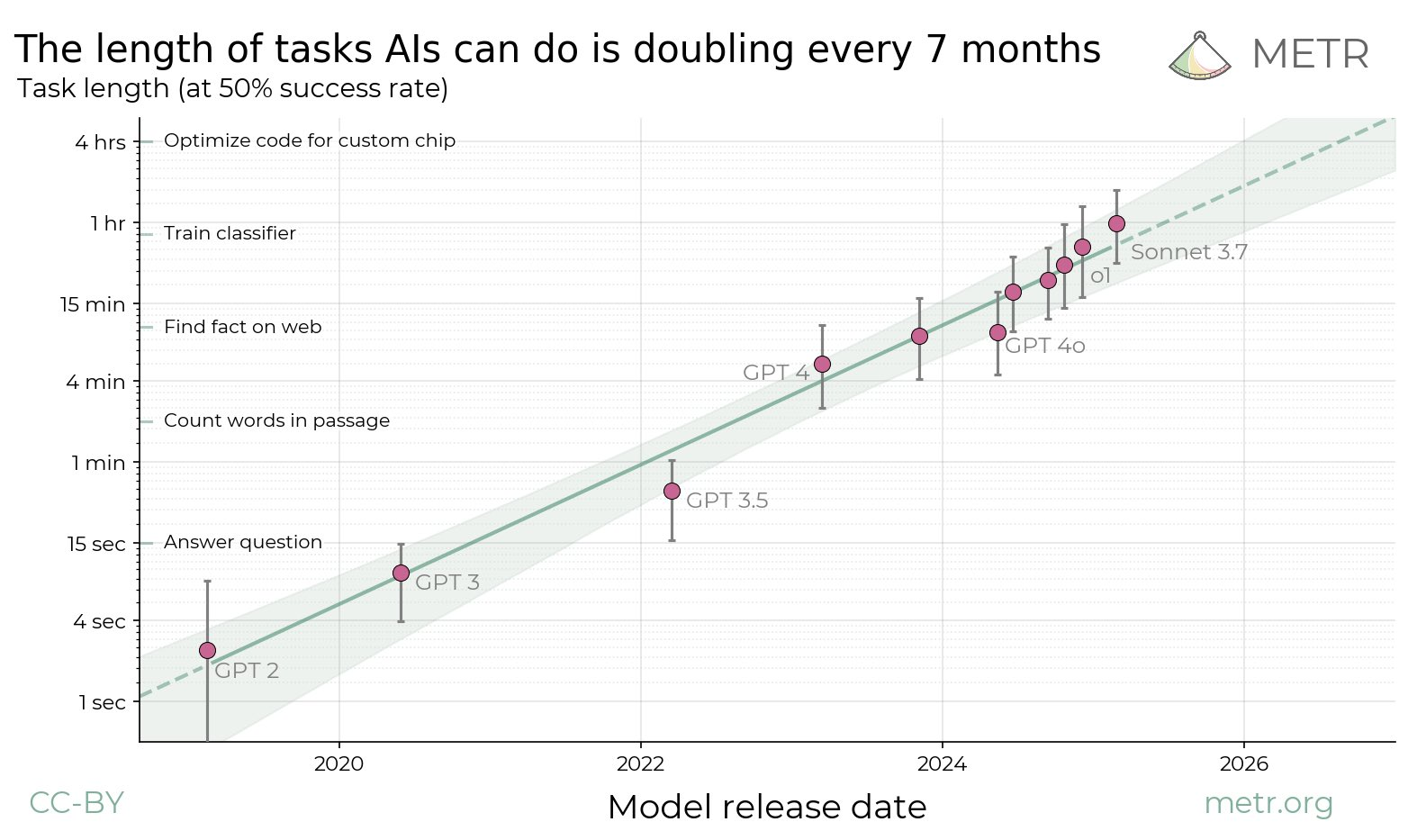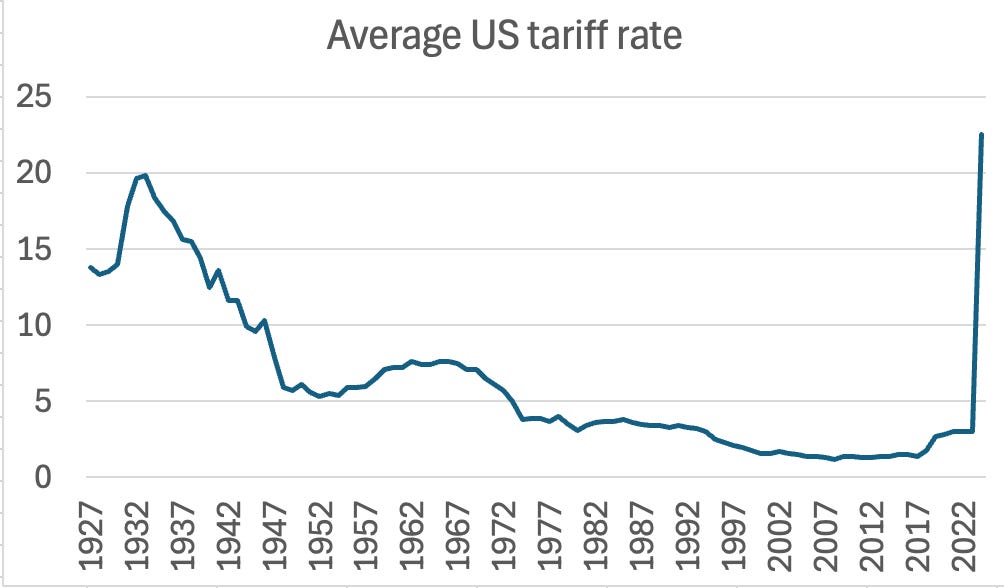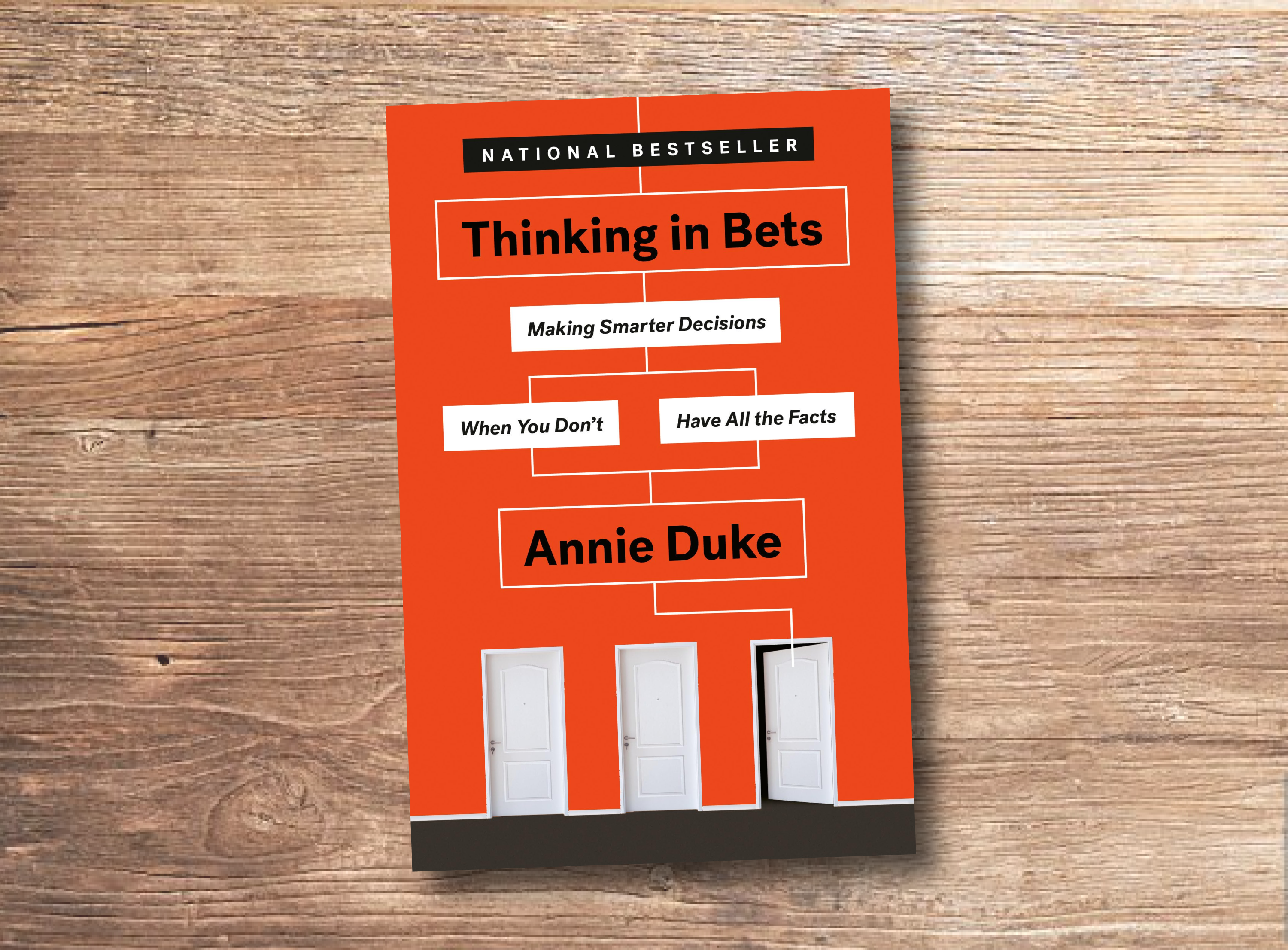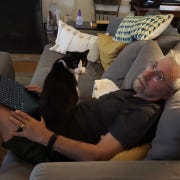Manosphere meets atmosphere
AI, DEI and why you shouldn't get surgery today. (#523)
This is David, your decidedly human web crawler, and you're reading the Weekly Filet, the newsletter for curious minds who love when something makes them go «Huh, I never thought of it this way!». As every Friday, I have some recommendations for you, to make sense of what’s happening, and imagine what could be. It's great to have you.
1. Coming Soon: The Man-o-Sphere
This is a promising podcast collaboration. Drilled is «a true-crime podcast about climate change». Non-Toxic is «connecting the dots between the manosphere and atmosphere». Together, they are launching a new season that sets out to explore how and why masculinity and our collective fossil-driven lifestyle are so intertwined. This is more than a trailer, it's a 30-minute introductory episode to the upcoming series.
2. The case for AGI by 2030
Unlike the title might suggest, this isn't a forceful argument that we will reach artificial general intelligence within five years. Instead, it's a nuanced examination of the factors that influence how artificial intelligence will evolve. And why it's likely that we will either get to AGI over the next couple of years, or see a significant slowdown in progress afterwards. This made me pause: «Today’s situation feels like February 2020 just before COVID lockdowns: a clear trend suggested imminent, massive change, yet most people continued their lives as normal.»

3. Will Malignant Stupidity Kill the World Economy?
The Economist calls Trump's latest tariffs «the most profound, harmful and unnecessary economic error in the modern era.» Paul Krugman argues that the actual tariffs aren't even the worst part. «When the fate of the world economy is on the line, the malignant stupidity of the policy process is arguably as important as the policies themselves.»

4. Die Die DEI
Donald Trump's assault on anything related to diversity, equity and inclusion has one man's fingerprints all over it. Excellent in-depth audio profile of Stephen Miller.

5. Don’t get surgery on a Friday
A study of 450,000 patients who had one of the 25 most common surgeries, and there's no doubt: «The people who underwent procedures before the weekend suffered on average more short-term, medium-term, and long-term complications than people who went under the knife after the weekend was over.» There are however – and I believe there is scientific consensus on that – short-term, medium-term, and long-term benefits for people who read newsletters just before the weekend.


What else?
Instant-gratification links that make you go wow! or aha! the moment you click.
- We're not in a «post-truth era». We're in a post-consequence era.
- When your city is basically a parking lot.
- Can you save 368 chickens?
- Why are Danish school grades so weird?
- «The power of the people is greater than the people in power.» – Cory Booker during his 25-hour speech in the US Senate.
- Owls in towels

Books for curious minds
Some new ones as I read them, some older ones that continue to inform how I look at the world and myself. More on my digital bookshelf.

A great read. Key takeaway: When you look at every decision you make as a bet, it not only changes how you approach the decision, but (maybe even more importantly) how you assess the outcome. Buy it here.

A gem from the archive

The Weekly Filet archive offers more than 2500 hand-picked links since 2011, like this one. You can search by interests, explore collections, shuffle for a gem or check out my all-time favs.
That's it for this week. Thanks for reading. I wish you a nice weekend and hope to see you again next Friday!
— David







